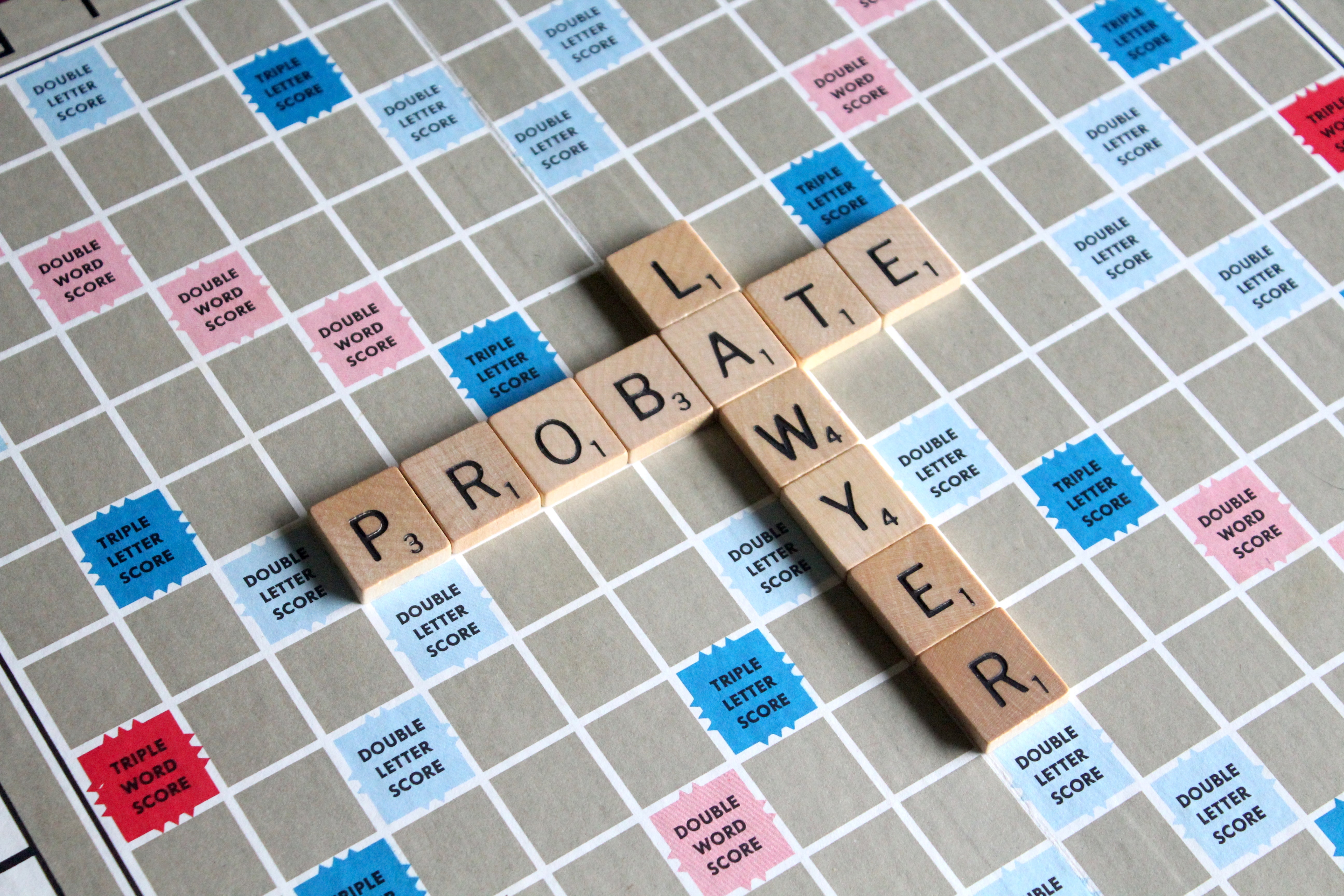Enlisting help from a probate realtor and/or probate lawyer is a great way to alleviate some of the stress.
When someone dies, if real estate is to be sold – whether according to a will or via intestacy – the house is often sold as part of a process called probate. During probate, the personal representative of the estate (formerly known as the executor) sells the property, and the proceeds are distributed among family members, heirs, and other beneficiaries, or it can be used to pay off creditors.
This is often a time of great distress for families as these complicated matters all need to be arranged and taken care of during grievance periods and even during funeral arrangements. It’s a tough spot for anybody to be left in, but unfortunately, it is something that must be confronted head-on.
On top of that, the probate process can look complicated with plenty of bureaucracy slowing things down, but there are a few things you can do to make selling a probate property as quick and painless as possible.
This article aims to cover some of the best tips for helping you sell a probate property so you have more time to focus on the other matters at hand.
Understand the probate sales process
The first thing that will happen in a probate process is the court will appoint an executor if one was not named in the will or, if the deceased died without a will. This person represents the estate of the deceased, and it’s their job to sell the property. Most executors hire an estate agent who helps them list, market and show the property.
One of the main differences in selling a probate property is the process of actually selling the house. Once an offer is made on a probate property, the executor has to petition the court, asking for a license to sell the property. The family members and other beneficiaries then have a chance to file any objections.
If no objections are filed, a court date is set. Probate properties remain listed on the market until the court-appointed date. The buyer, and any other potential buyers, have to show up at the court and make their bids. In most states, the winning bidder has to pay at least 10% of the offer price on the day.
Probate sales are quite often less straightforward than traditional property sales, and you’ll fare much better if you go in with the right expectations. Hiring a probate lawyer can be a simple and relatively inexpensive way to avoid complicated headaches as you navigate a probate sale that can easily get snarled up with legalese and bureaucracy.

Tips to sell my house through probate
Selling a probate house brings some different challenges than selling a traditional property. Properties in probate are customarily left empty for a long time while a buyer is found, and the sale goes through. This means that someone, often the executor, is going to have to check the house for condition and repair issues.
An unoccupied house can quickly slide into disrepair. A cracked window, overgrown garden, or graffiti can severely affect the saleability of a probate home. One of the simplest ways to accelerate the process of selling a probate property is to keep things looking ship-shape.
Doing basic maintenance is a great idea, but try not to go overboard. Probate properties tend to sell relatively quickly and at lower prices. You don’t need to upgrade the kitchen or put on a new roof or any other large-scale renovations. Probate properties are usually sold as-is, and large projects don’t tend to work within the court’s timeline.
You’ll probably want to get a real estate agent to help sell your probate property as they will be much more experienced, as well as knowledgeable about the market. You should be able to find a realtor who specializes in probate properties.
Another tip for surviving the process of selling your probate property is to learn to be patient. While it can be faster selling a probate property, it will still take a few months to complete a straightforward probate sale.
If a sale falls apart for any reason, or there are any unexpected delays in the process, it can take over a year to sell your probate property. Being patient with lawyers and the court is the best way to be successful with the bureaucratic process.
Enlisting help from a probate realtor and/or probate lawyer is a great way to alleviate some of the stress.


Join the conversation!